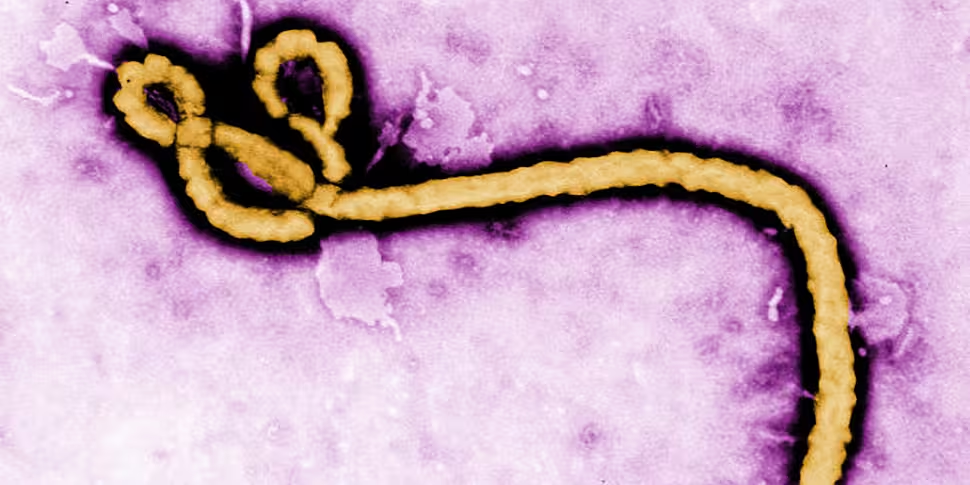A panel of health experts has found a delayed response to the Ebola crisis by the World Health Organisation cost lives.
In the report, published in the Lancet journal and led by the London School of Hygiene & Tropical Medicine, the authors suggest 10 'essential reforms' they believe need to be implemented ahead of the next pandemic.
11,000 people were killed by the outbreak in Guinea, Sierra Leone and Liberia.
It was declared an international public emergency in August last year, even though it entered its second phase that March.
It is also suggested that the global response was slow, inadequately informed and poorly co-ordinated, and that WHO's "in-country technical capacity was weak".
The report states that "the reputation and credibility of the WHO has suffered a particularly fierce blow" as a result of the epidemic.
The authors also write that "responding effectively to outbreaks demands much stronger operational capacity within WHO and within the broader aid system if outbreaks escalate into humanitarian emergencies".
They call for "a politically protected process for WHO's emergency declarations, and strong mechanisms for the accountability of all involved actors, from national governments to non-governmental organisations and from UN agencies to the private sector".
You can read the report here.
Professor Peter Piot is the chairman of the panel that put together the new report:
The WHO has already appointed a panel independent experts to undertake an assessment on all aspects of the organisation's response to the outbreak.
Last week it was reported that a ten-year-old boy is being treated for a confirmed case of Ebola in Liberia - several months after the country had been declared Ebola-free.









